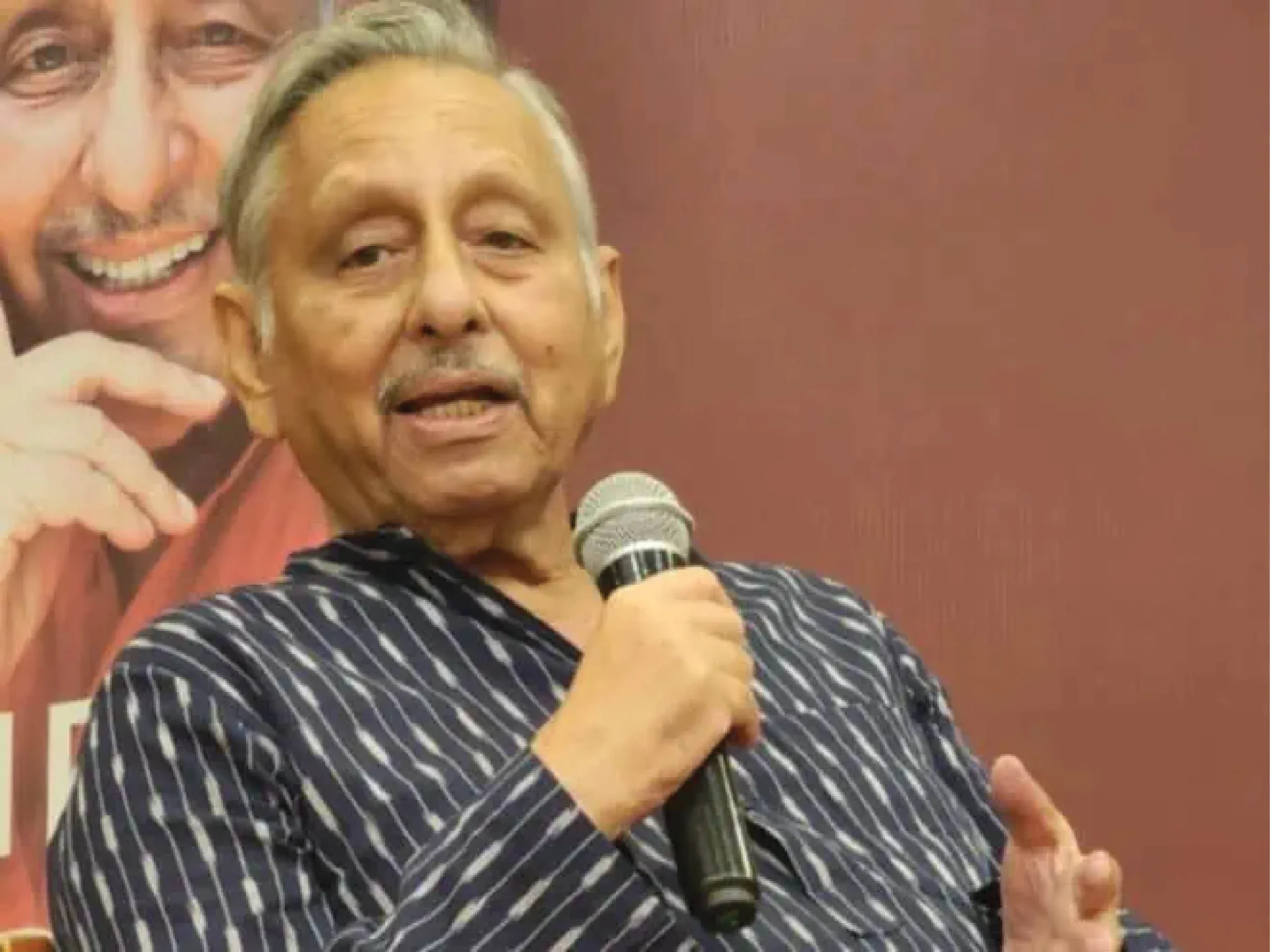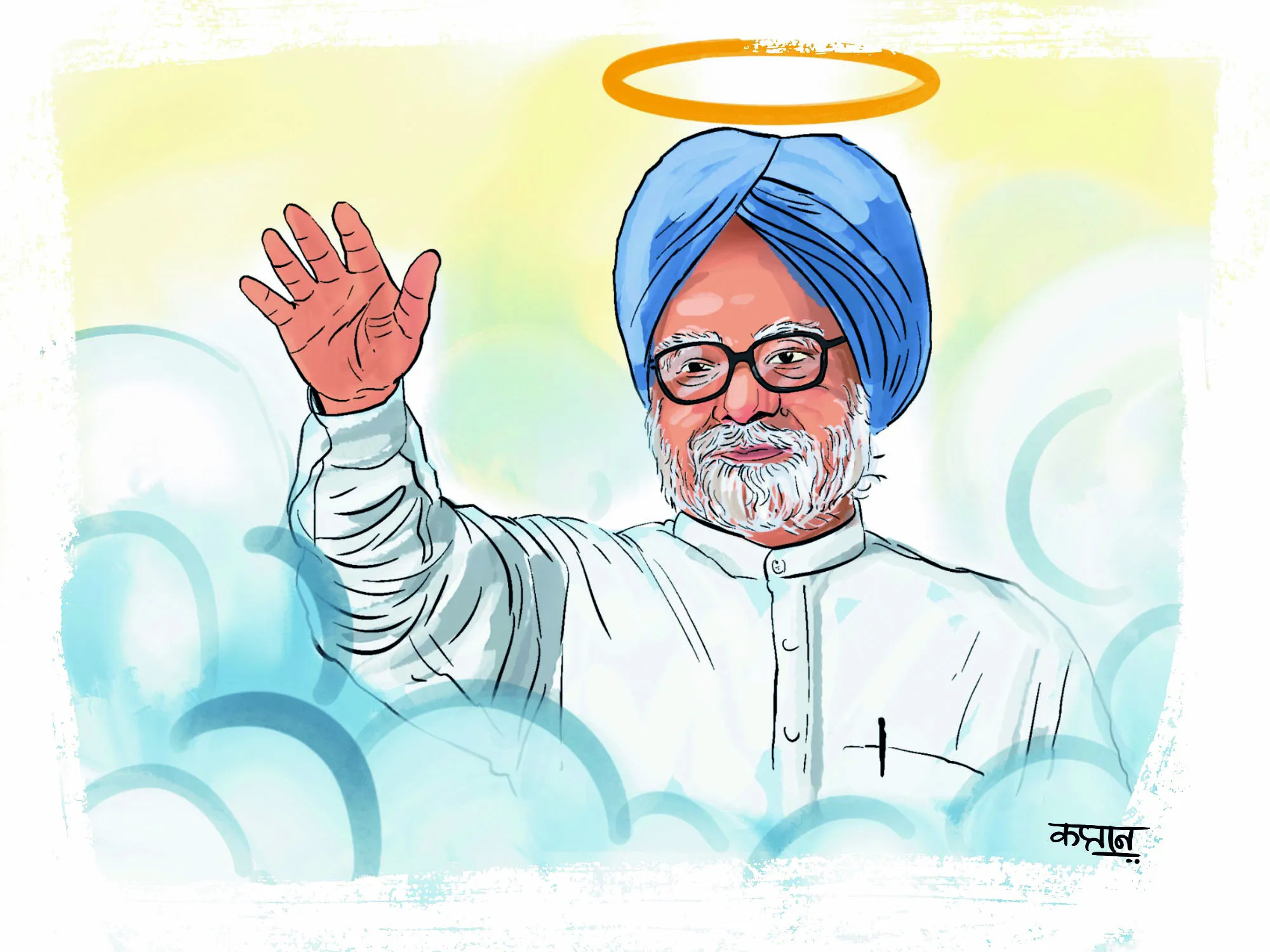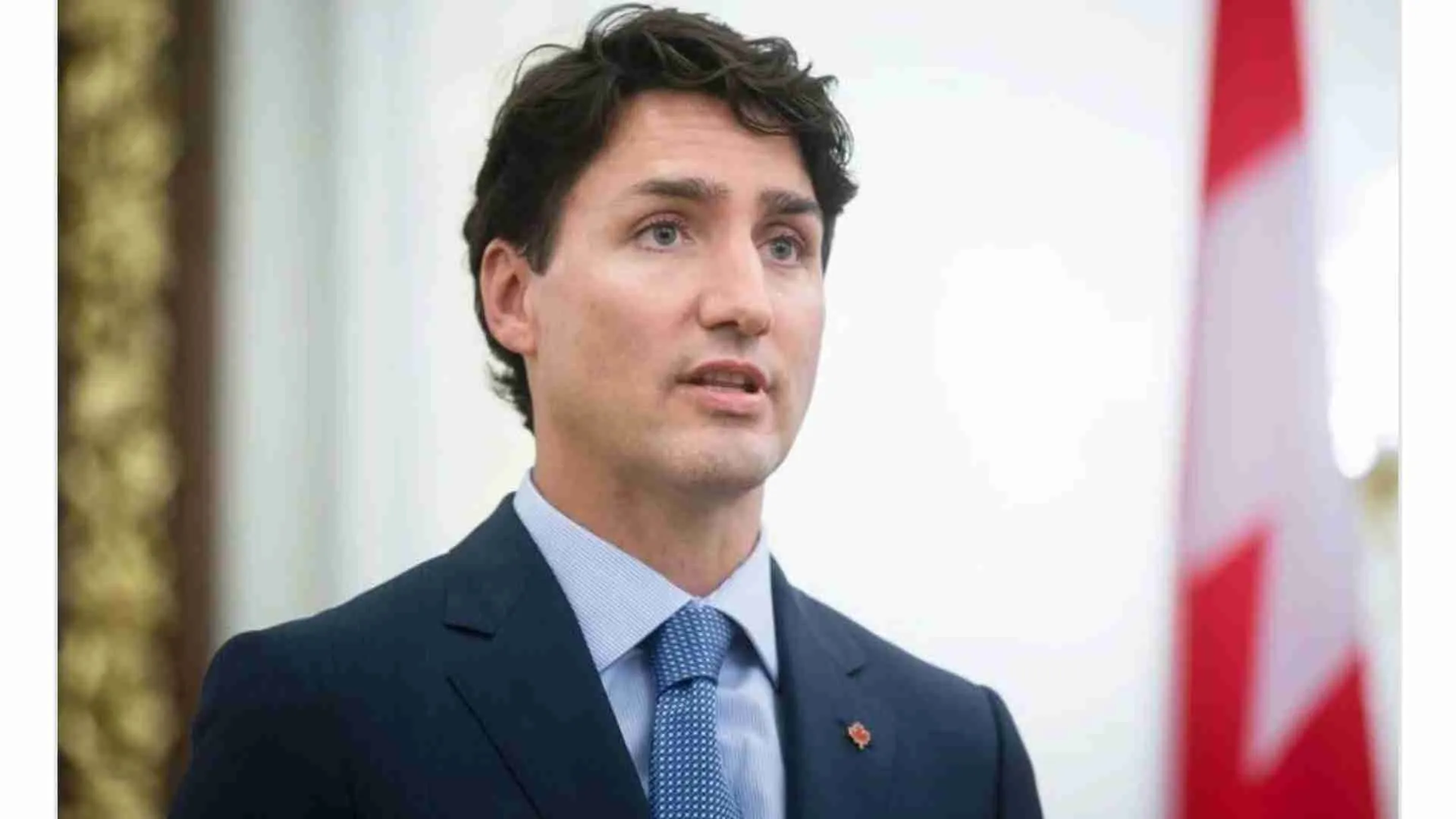Alarm bells should start ringing at the way China is bouncing back on the world economic stage, in spite of its many crimes against humanity, including the unleashing of the coronavirus. It is now helming the Regional Comprehensive Economic Partnership (RCEP), a platform from where India has opted out. Fifteen nations signed this multilateral trade deal on Sunday, making RCEP the largest trade bloc in the world, with a cumulative world GDP of 30% and covering 30% of the world’s population. Except for India dropping out, RCEP has stayed intact in its composition from the time negotiations started seven-eight years ago, with countries such as Japan and Australia continuing to be a part of the bloc, notwithstanding their frayed ties with China. At its core, RCEP’s focus is ASEAN, for it is a trade agreement with ASEAN nations and their free trade agreement (FTA) partners. While RCEP streamlines rules, lowers tariff barriers and facilitates easier movement of goods, in turn it is also expected to attract investments from multinational companies to bolster supply chains. But China’s inclusion in RCEP is a major problem, for it gives it an unfair advantage over other signatories, primarily because of the Chinese system which subsidises production and thus sells goods at their cheapest. If India had signed the RCEP, it would have increased India’s already high trade deficit with China by allowing the latter to dump its cheaply produced goods in the Indian market and thus crippling India’s own manufacturing base. For that matter, India’s trade deficit with the ASEAN too hovers in the range of $24 billion and thus there is every reason for India to be concerned about the situation. Also, the fear is that India joining the RCEP would have given milk surplus countries such as Australia and New Zealand untrammelled access to the Indian dairy market, flooding it with dairy products from these two countries and thus hurting one of the more successful indigenous industries here.
The bigger concern, however, is whether or not trade can be decoupled from issues of sovereignty and security, especially when all the RCEP signatories—including Australia and Japan—have deep economic ties with China, even though the latter is the dragon in the room. Also, can there ever be a formalisation of the Quad comprising India, US, Japan and Australia (and the Quad Plus) into a Nato-like security alliance when the Indo-Pacific region’s dependence on China as a manufacturing base is getting deeper by the day? Analysts are already calling the RCEP a coup by China because of the manifold increase in its influence in the region because of the formation of this trade bloc—a bloc whose key China will hold. On the face of it, China may be a “mercantilist” power, but in reality, it is an imperialist power, where it uses trade as one of the means for empire-building and world domination. Many of the ASEAN countries have territorial disputes with China; so does Japan. Australia and China are at loggerheads most of the time, with Beijing currently arm-twisting Canberra over its exports to it. The present situation also has to be seen in the context of voices coming from within the US, especially from corporate America, that it is time to mend trade ties with China, now that Joe Biden is all set to be President—a push that is stemming largely from corporate greed and the desire for better profit margins. There is even talk in China that Beijing should demand a renegotiation of the trade deal that the Donald Trump-led US administration had signed with China, and seek “fairer” terms. When diversification of supply chains or decoupling from China is the need of the hour, it looks like moves are afoot to continue with China as the hub of world manufacturing. To make a long story short, it appears as if China will get away by being the malevolent power that it is—with no accountability for its actions, including unleashing the coronavirus on the world.
In this context, if the Quad wants to be successful as a security alliance, it must be a strong economic alliance as well. This is what India and the other Quad countries, including the US, should aim for. It is significant that the meeting of the Quad foreign ministers in Tokyo in September talked about the need to build “resilient supply chains”, which essentially means non dependence on one particular country as a manufacturing base. Japan proposed a “Supply Chain Resilience Initiative” (SCRI), comprising Japan, India and Australia. This has the potential to develop into an alternative trade bloc—a Quad and Quad-plus trade bloc. If a totalitarian China has to be countered, and it must be, it cannot be allowed to run away with the race as the “free world” watches helplessly.























